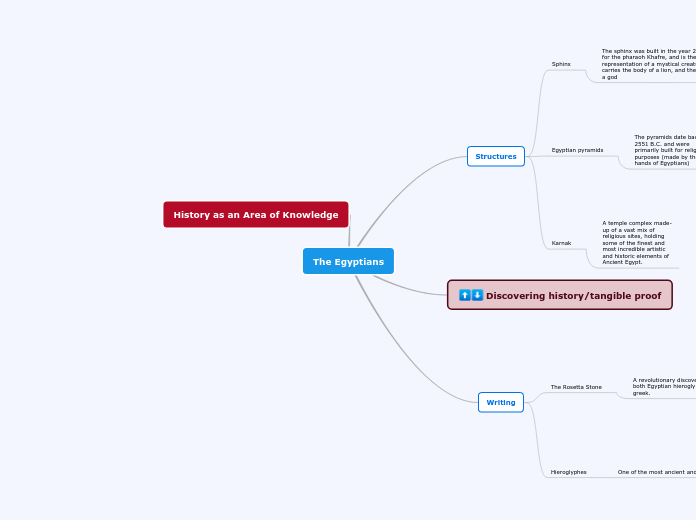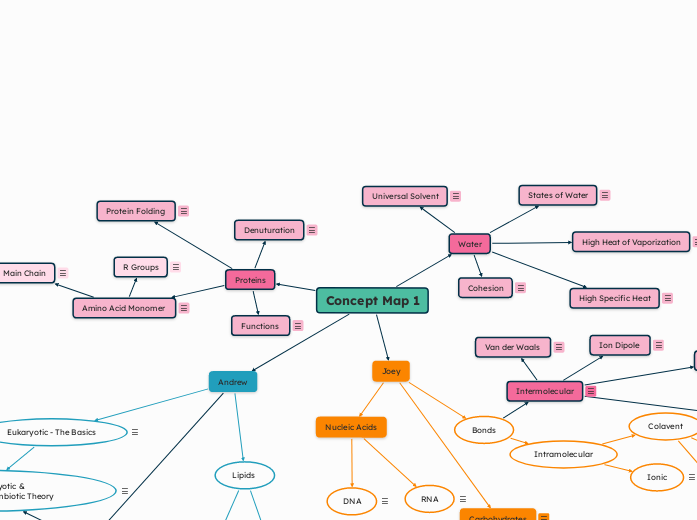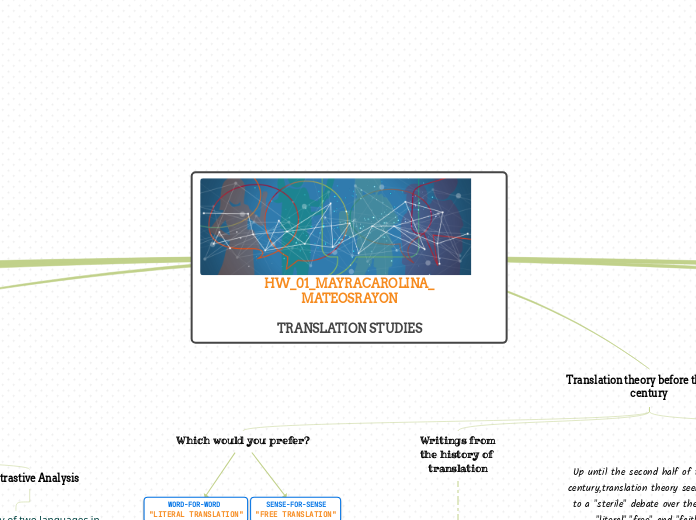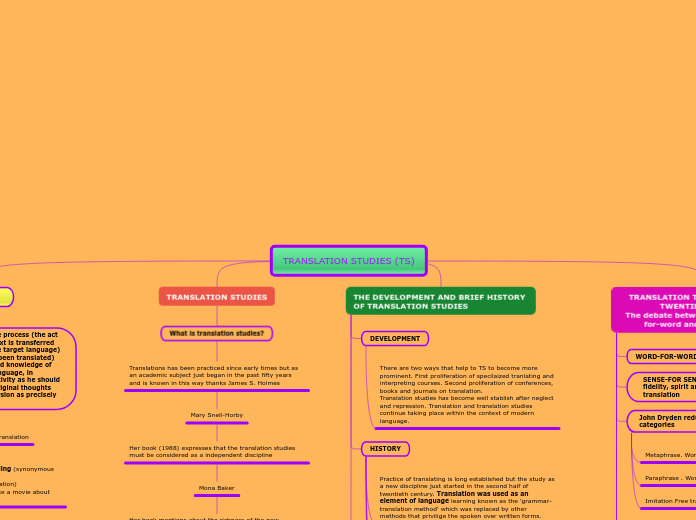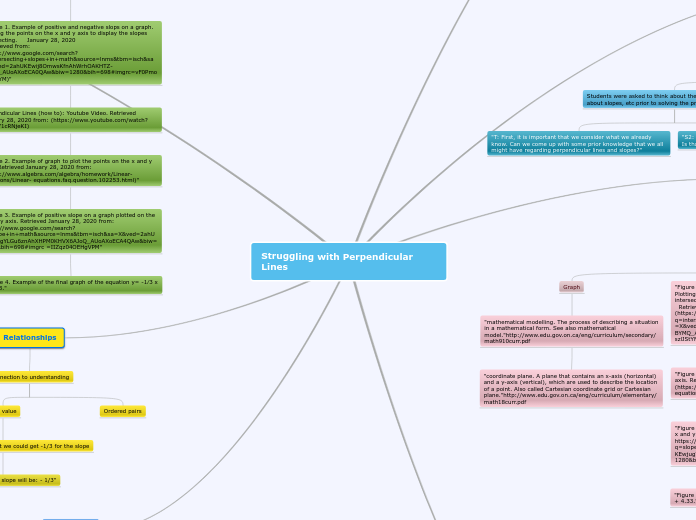jonka Oscar Ferdinando Andria 4 vuotta sitten
276
Oscar & Elisa
Ancient Egyptian writing, particularly hieroglyphs, is one of the oldest and most enigmatic scripts known. The Rosetta Stone was a groundbreaking discovery, featuring inscriptions in Egyptian hieroglyphs, demotic script, and ancient Greek, which proved crucial in deciphering the hieroglyphs.
